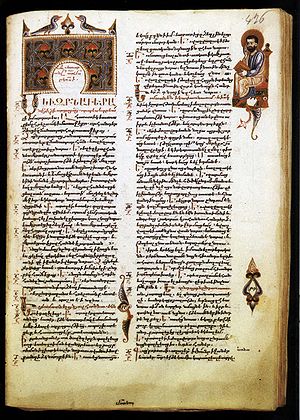
Jesus became a priest, not by meeting the physical requirement of belonging to the tribe of Levi, but by the power of a life that cannot be destroyed. And the psalmist pointed this out when he prophesied, “You are a priest forever in the order of Melchizedek.” Hebrews 7:16-17
Some sections of God’s Message are difficult to understand outside of the context of the time and situation in which they were written. Because Jesus was Jewish, and his initial followers were Jewish, the early followers of Jesus were simply one of many sects of Judaism that have existed through the centuries. As Jesus’ followers began sharing that Jesus was, indeed, the Messiah that had been prophesied, they encountered a myriad of questions about their claim as it related to Jewish law and tradition. The book of Hebrews was, in fact, a letter written to address some of these questions.
For example, a priest is one who stands in the gap between man and God and who represents man before God. In Jewish tradition only the high priest can enter the holy place of God and he can only do so once a year to make atonement for the sins of all the people. Jesus’ followers has been explaining that Jesus, God’s Son, was the Great High Priest who came from Heaven to Earth to make atonement once for all with His sacrificial death and resurrection.
“Point-of-order!” their good Jewish brethren responded. Jesus could not be a High Priest because Jesus was from the tribe of Judah and the law of Moses states quite specifically that only members of the tribe of Levi can be priests.
In today’s chapter, the author of Hebrews addresses this question and refers them back to a verse in the Psalms in which the messiah is described as “a priest forever in the order of Melchizedek.” Melchizedek was a mysterious figure who enters the Biblical narrative during the time of Abraham, 500 years before Moses and the Jewish law. Melchizedek was recognized as High Priest by Abraham before there was a Jewish law or a Jewish tradition because Abraham was the father of the Jews. The author of Hebrews explains that Jesus was not a High Priest as defined by the constrictions of Jewish law of Moses. Rather, Jesus fulfilled the prophesy in Psalms and was a High Priest in the tradition of Melchizedek. Melchizedek presupposes and represents a higher, more ancient order of priesthood.
Today, I’m reminded that what I believe is a story that has been planned and revealed in chapters that span thousands and thousands and thousands of years. The story began long before my lifetime and will carry on long after this Earthly sojourn of mine is completed. While I believe that the great story is already written, today I continue to live out my own chapter of that same story in my life, my words, my actions, and my relationships.


